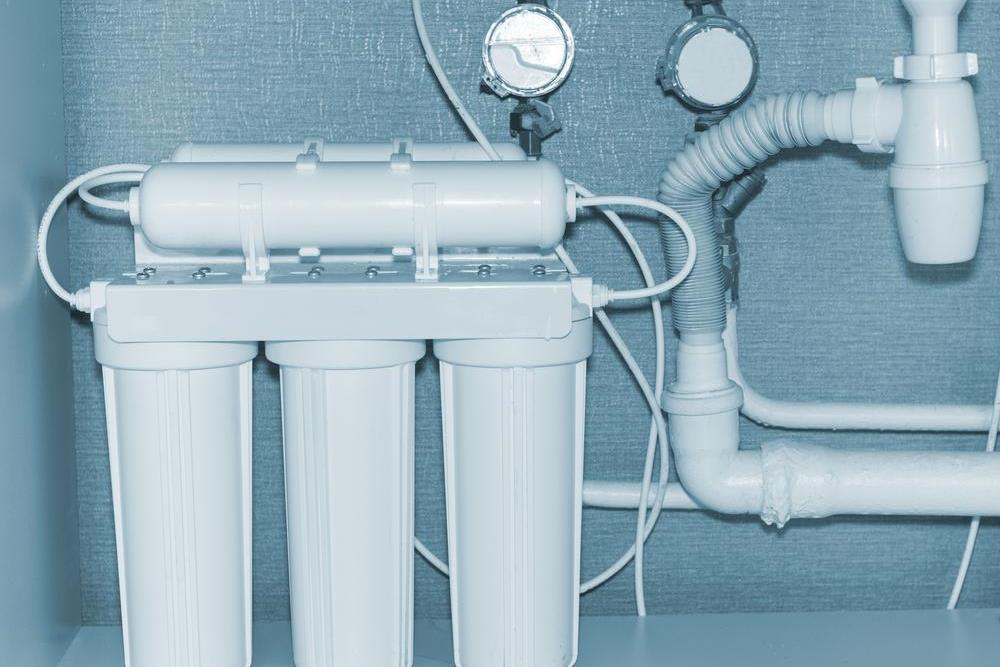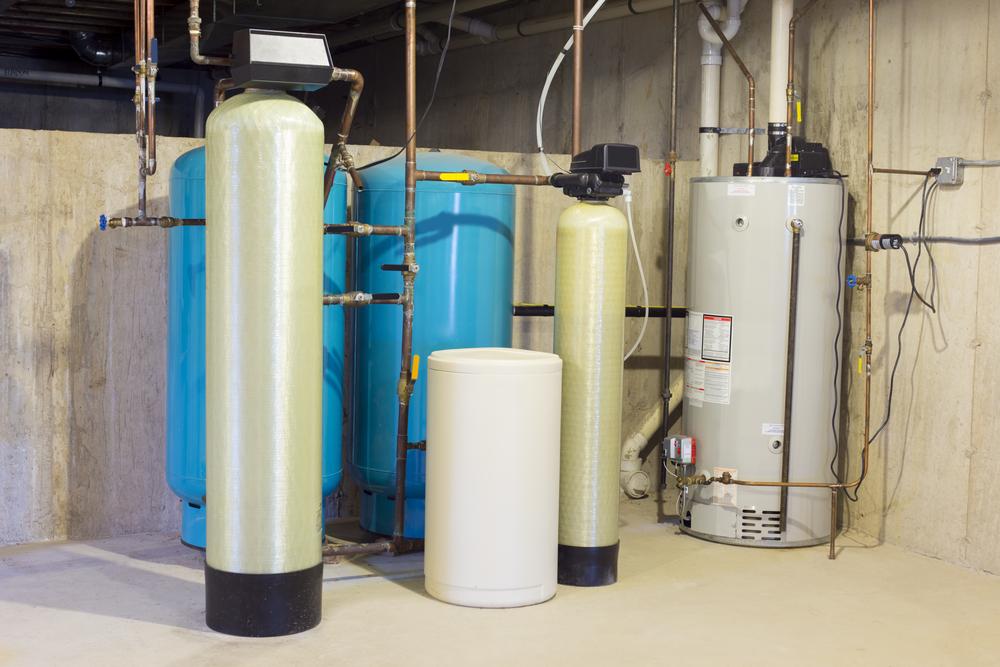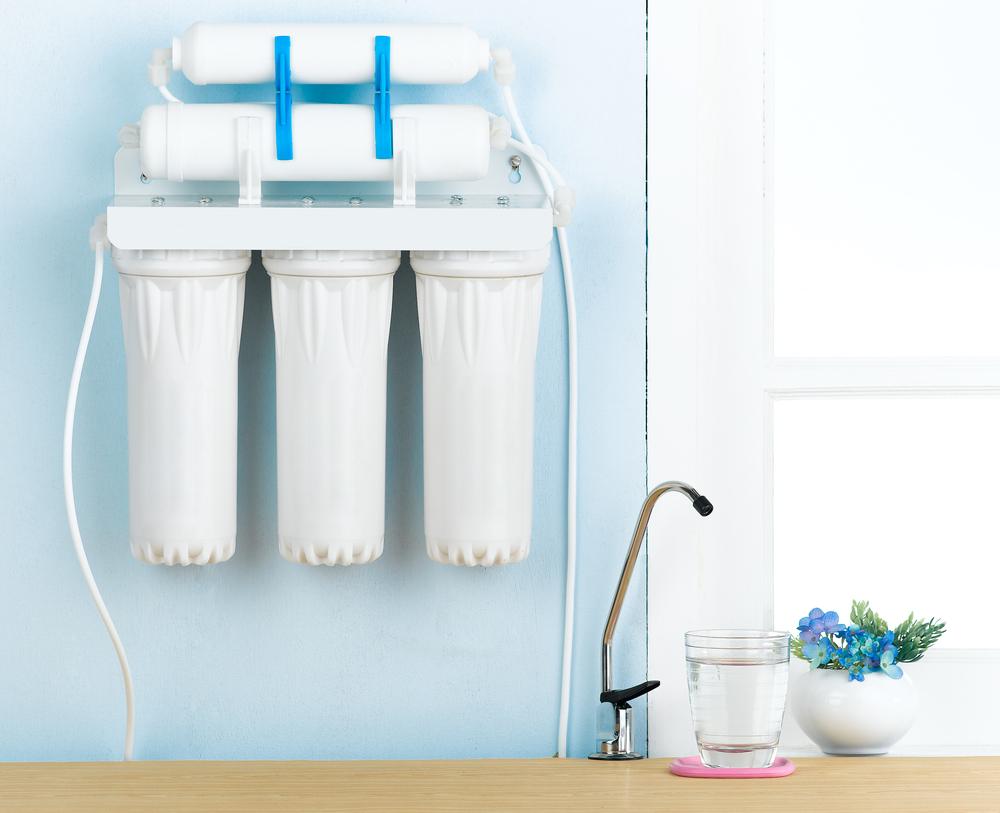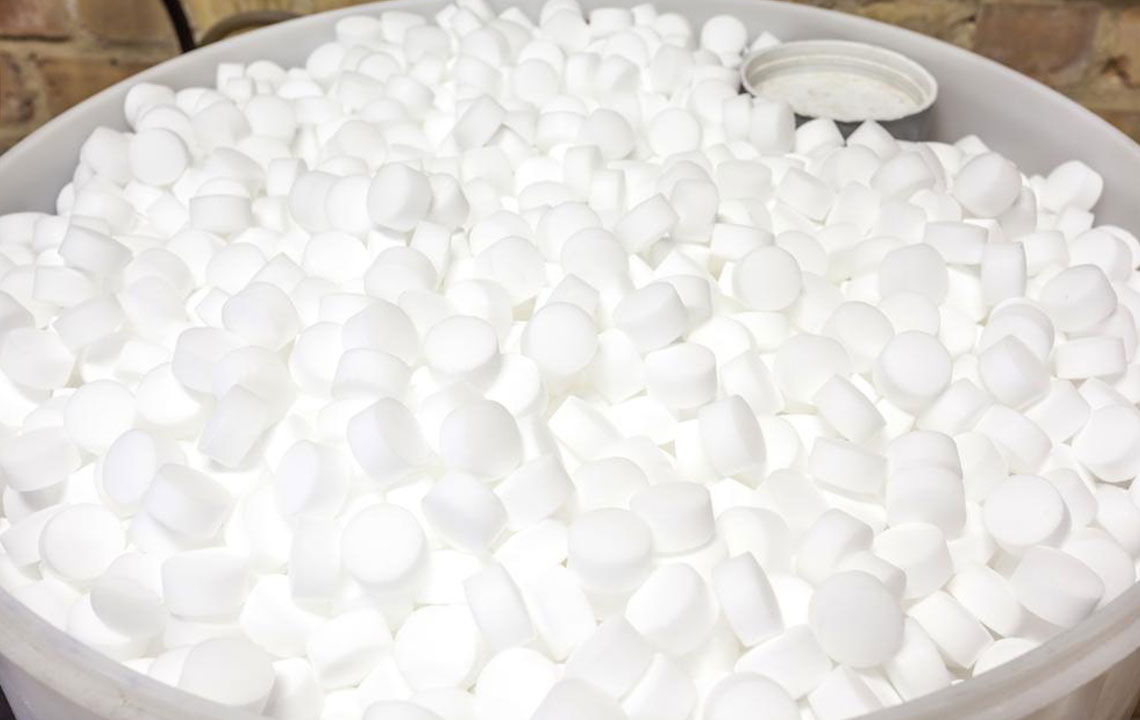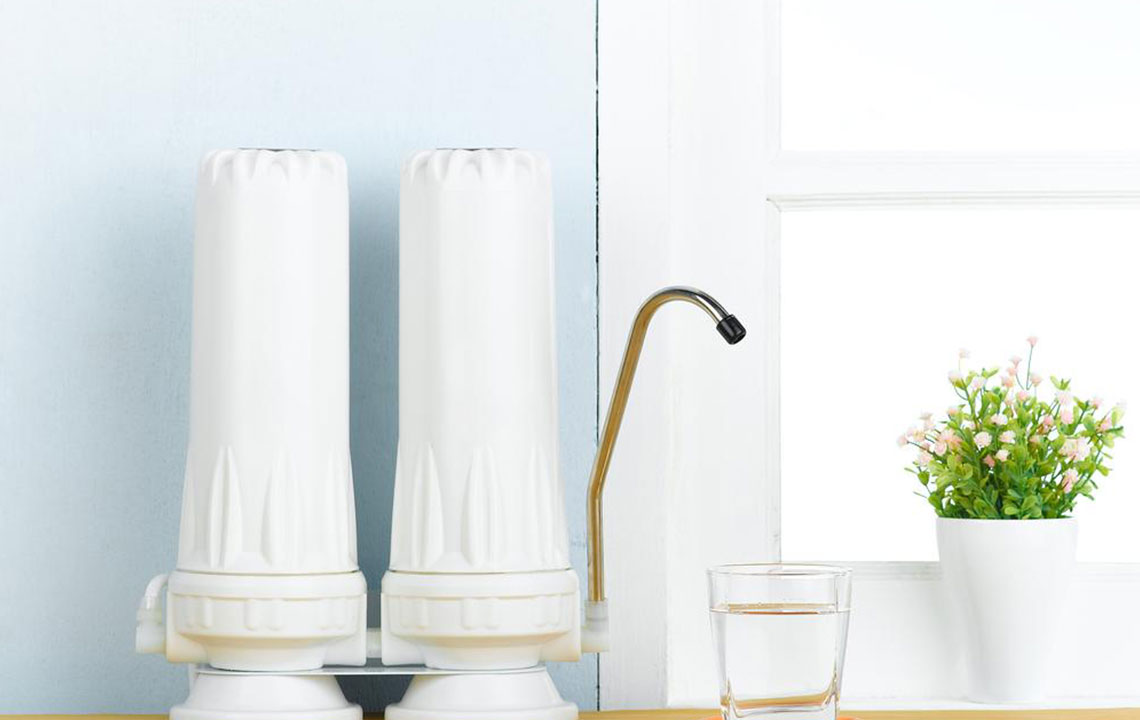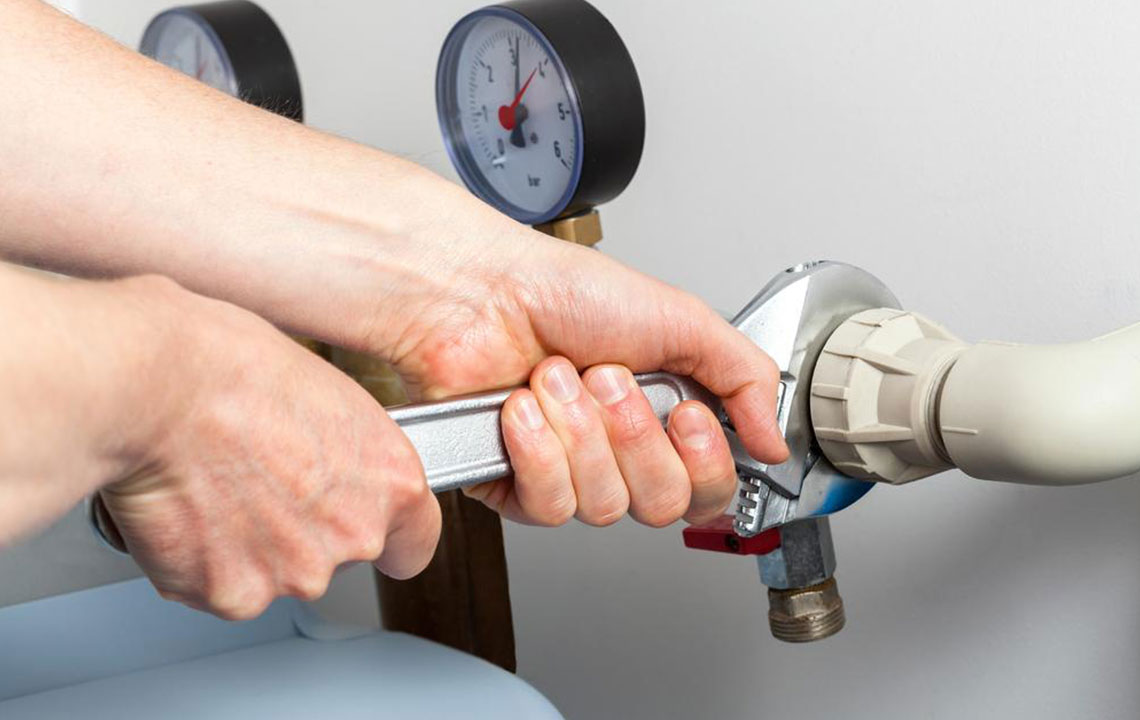Comprehensive Benefits of Installing Water Softening Systems for Your Home
Discover the comprehensive benefits of installing water softening systems, including preventing scale buildup, improving skin and hair health, enhancing cleaning efficiency, saving energy, and protecting household appliances. Learn how ion exchange technology works and why proper assessment before installation is essential to maximize your home's water quality and reduce maintenance costs. This guide provides detailed insights suitable for homeowners seeking sustainable water treatment solutions to improve their daily living environment.
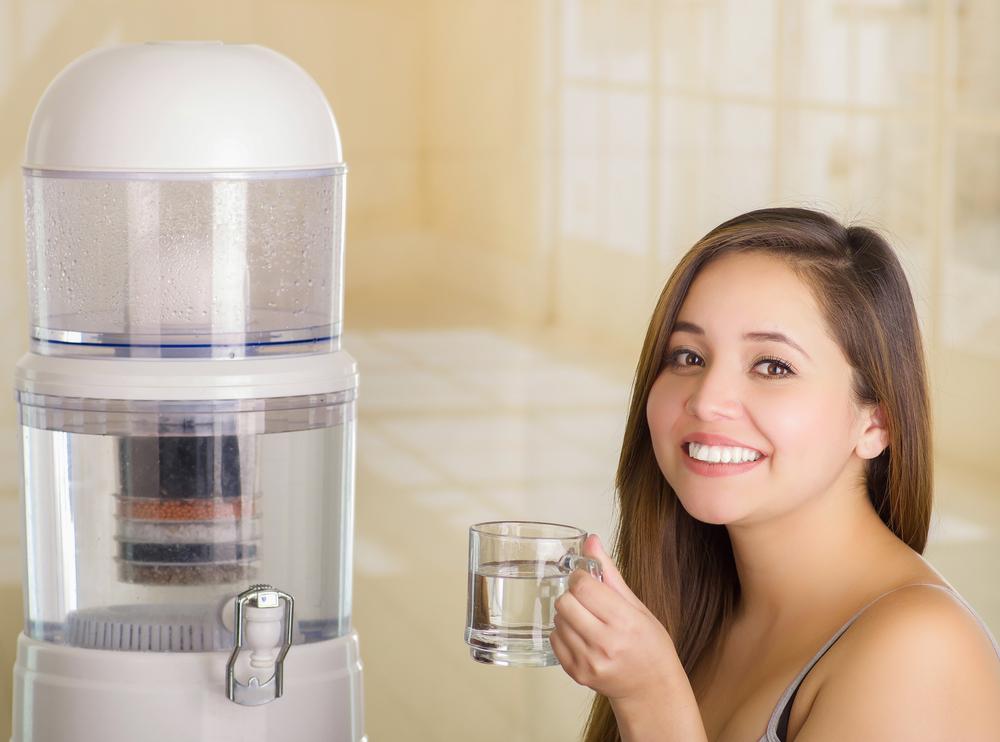
Hard water is a common issue faced by many households and communities worldwide. Characterized by elevated mineral content, especially calcium and magnesium, hard water can cause a multitude of problems that affect not only your plumbing and appliances but also your skin and hair. Recognizing the significance of addressing this issue, installing a water softening system has become an increasingly popular solution. Modern water softeners are available in diverse models, designed to cater to various household sizes, water hardness levels, and budget constraints, making them an accessible and effective means to enhance water quality.
Understanding how water softening systems work is crucial before making a purchase. These devices primarily operate through a process called ion exchange, where they replace calcium and magnesium ions with sodium ions, resulting in water that feels softer on contact. The core component of these systems is usually a resin bed filled with tiny beads that facilitate ion exchange. The system also includes a salt or brine tank, which supplies the sodium ions needed for the exchange process. When water flows through the resin bed, the hard mineral ions are attracted and replaced by sodium ions, effectively reducing water hardness. Periodic regeneration of the resin bed, often using a salt solution, ensures continuous softening capability.
Top Benefits of Installing Water Softening Equipment
Prevents Scale Buildup in Plumbing and Appliances: Hard water tends to deposit mineral scale inside pipes, fixtures, and appliances. Over time, these deposits can cause clogs, reduce water flow, and lead to costly repairs or replacements. Installing a water softener effectively prevents this buildup, extending the lifespan of your plumbing system and appliances.
Enhances Skin and Hair Health: Hard water can strip moisture from skin and hair, causing dryness, irritation, and dullness. Soft water is gentler, preserving natural oils and making cleaning routines more effective without irritating your skin or damaging your hair.
Simplifies Cleaning and Improves Surface Shine: Soft water reacts better with soaps and detergents, leading to more effective cleaning. It reduces soap scum formation, results in cleaner, shinier dishes, glassware, and fixtures, and minimizes the need for harsh cleaning agents.
Boosts Washing Efficiency and Fabric Care: Laundry washed with soft water appears brighter, feels softer, and gets cleaner with less detergent. This not only preserves clothing quality but also extends the life of your fabric and washing machine.
Protects Household Appliances: Appliances such as dishwashers, water heaters, and washing machines work more efficiently and last longer when not burdened with mineral deposits. Installing a water softener helps minimize repair and replacement costs for these essential devices.
Saves Money on Repairs and Energy: By preventing scale buildup, homeowners can significantly reduce maintenance costs. Additionally, soft water heats faster, which can decrease energy consumption and lower utility bills over time.
Reduces Soap Scum and Residue: Soft water ensures a cleaner bath and kitchen environment by reducing soap scum, mineral spots, and residue, making cleaning easier and more effective.
Considerations for Sodium Intake: It's important to note that water softened with sodium may not be suitable for individuals adhering to low-sodium diets. Consulting with a healthcare professional is recommended if this applies to you.
Preparing for Water Softener Installation
Prior to purchasing and installing a water softening system, homeowners should assess their water hardness levels. Most water providers offer free testing or testing kits for DIY evaluation. Understanding your home's specific water hardness helps determine the appropriate softener size and capacity needed to meet your household's demand effectively. Proper installation and regular maintenance ensure optimal performance, which includes monitoring salt levels and regenerating the resin bed periodically. Investing in a high-quality water softener can lead to long-term savings and improved water quality for your home.
Overall, installing a water softening system offers numerous advantages from health benefits to financial savings. By reducing mineral buildup, soft water not only extends the longevity of household plumbing and appliances but also improves the quality of daily life through better skin, softer laundry, and easier cleaning routines. Whether you're dealing with hard water in a rural setting or an urban community, modern water softening solutions provide an effective, sustainable, and customizable approach to ensuring your household enjoys high-quality water every day.
